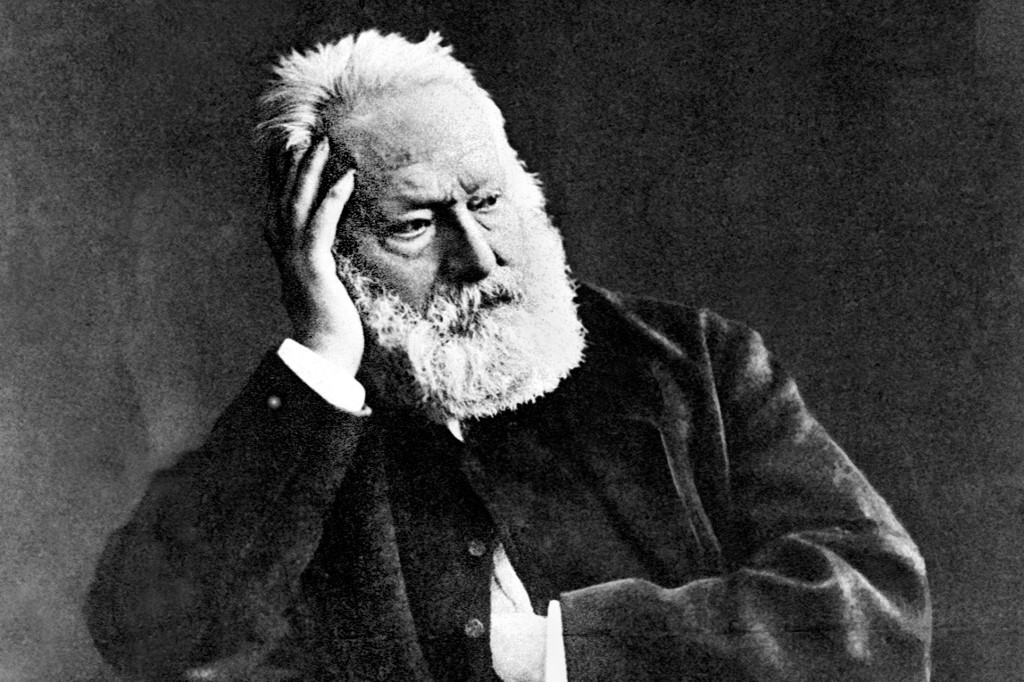Popular Reads
Top Results
Can't find what you're looking for?
View all search resultsPopular Reads
Top Results
Can't find what you're looking for?
View all search resultsBids fly for Victor Hugo's Paris siege balloon sketch
Change text size
Gift Premium Articles
to Anyone
A
drawing by the French writer Victor Hugo of a hot air balloon escaping from Paris during the 1870 Prussian siege, sold for more than twice its estimate Thursday.
Sotheby's said the sketch by the author of Les Miserables went for 37,500 euros ($42,000) at its auction room in the French capital.
Hugo was a talented artist, and the drawing entitled "Departure of the Balloon" showed it floating across the rooftops of the encircled and starving city.
It was his homage to the 67 hot air balloons that were launched from Paris during the four-month siege after Napoleon III's humiliating defeat in the Franco-Prussian war.
One of them in September 1870 even dropped pamphlets by Hugo over the Prussia lines.
The great photographer Nadar asked the writer would he lend his name to another balloon carrying mail that took off three weeks later.
Read also: 'Hunchback of Notre-Dame' tops bestseller lists after fire
"I could not ask for more than to be lifted up into the sky by you," the poet replied, who kept body and soul together by eating animals given to him from the Paris Zoo.
Hugo noted in his diary that often he was "eating the unknown".
The "Victor Hugo" balloon eventually took from the Tuileries garden near the Louvre to shouts of "Vive la Republique!"
But the writer kept Nadar's letter as a keepsake after ripping off the stamp adorned with the head of Napoleon III, who Hugo called "Napoleon the Small".
Hugo had fled into exile in Guernsey in the Channel Islands to escape the lesser Bonaparte after the writer branded him a "traitor" when he seized power in a coup in 1851.











